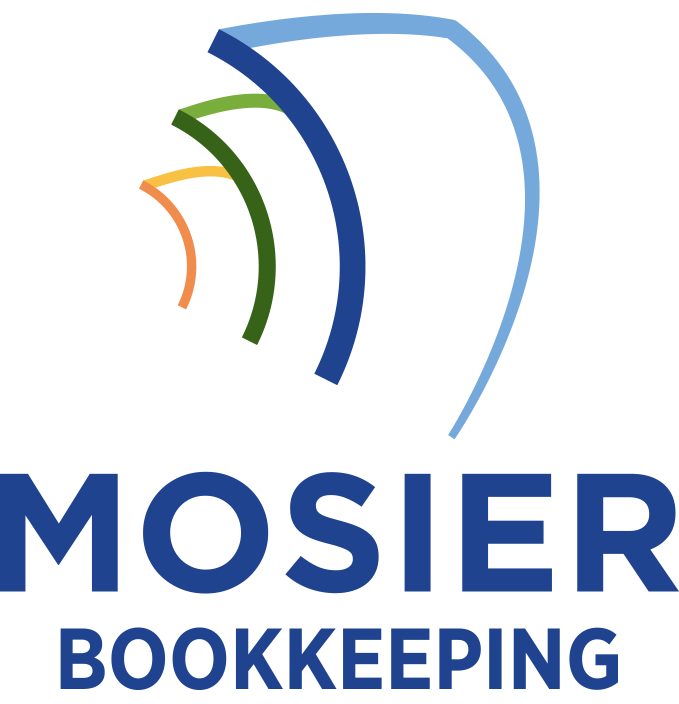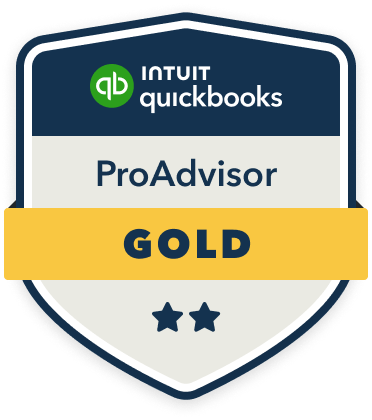To guarantee regulatory compliance through bookkeeping in the service industry, I recommend implementing a compliance-focused chart of accounts that separates revenue streams, costs, and mandatory expenses. You’ll need to track industry licenses, certifications, and employee training records while maintaining audit-ready documentation. I’ve found that utilizing digital tools for automated reporting and data validation creates a robust framework. Understanding these foundational elements will help you build an all-encompassing compliance system.
Establishing a Compliance-Focused Chart of Accounts

When establishing a compliance-focused chart of accounts for service industry businesses, I’ll show you how to build a framework that aligns with regulatory requirements while maintaining operational efficiency.
I structure the chart by creating distinct categories for revenue streams, direct costs, overhead, and compliance-related expenses. I recommend separating regulatory fees, licensing costs, and mandatory training expenses into dedicated accounts. This enables quick reporting for audits and simplifies compliance tracking.
Tracking Industry-Specific Licenses and Certifications
Keeping up with industry-specific licenses and certifications demands a systematic tracking approach that I’ve refined through years of service industry bookkeeping. I’ve developed a framework that guarantees you’ll never miss renewal deadlines or compliance requirements.
| License Type | Tracking Method |
|---|---|
| Professional | Digital calendar alerts |
| Operational | Compliance dashboard |
| Regulatory | Automated reminders |
I recommend creating dedicated expense accounts for each certification type, linking them to your compliance calendar. This integration enables you to monitor costs, track renewal dates, and maintain required continuing education credits. You’ll gain powerful oversight of your compliance status while protecting your service business from regulatory risks.
Managing Employee Training and Qualification Records

Service businesses need to buckle down on maintaining accurate employee training and qualification records to ascertain regulatory compliance and operational excellence. I’ll help you establish a robust system to track certifications, licenses, and mandatory training completions.
Create digital files for each employee that document their qualifications, training dates, and renewal deadlines. I recommend implementing automated alerts for expiring credentials and scheduling refresher courses. You’ll want to maintain detailed records of training attendance, assessment scores, and instructor verifications.
Cross-reference these records against regulatory requirements to confirm you’re meeting industry standards and avoiding compliance gaps. This systematic approach protects your business from penalties while enhancing service quality.
Maintaining Audit-Ready Financial Documentation
To maintain audit readiness, businesses must establish a meticulous system for organizing and storing financial documentation. I recommend implementing a robust digital archiving system that guarantees quick retrieval and compliance with retention requirements.
- Create detailed transaction logs with supporting documentation, including receipts, invoices, and payment records
- Maintain organized records of tax filings, licenses, and regulatory compliance documents
- Document internal controls and reconciliation procedures with clear audit trails
- Implement version control for financial statements and keep detailed notes of any adjustments
Implementing Digital Tools for Regulatory Reporting

Modern regulatory reporting demands sophisticated digital solutions that streamline compliance processes. I recommend implementing cloud-based compliance software that automatically tracks regulatory requirements and deadlines. This guarantees you’ll never miss critical filings or updates.
| Digital Tool Type | Primary Function | Compliance Benefit |
|---|---|---|
| Automation Software | Data Collection | Reduces Human Error |
| Cloud Solutions | Real-time Tracking | Assures Timeliness |
| AI Analytics | Pattern Detection | Flags Irregularities |
I’ve found that integrating these digital tools with your existing bookkeeping system creates a robust compliance framework. You’ll gain immediate access to audit trails, automated reporting schedules, and data validation checks that protect your business from regulatory violations.









